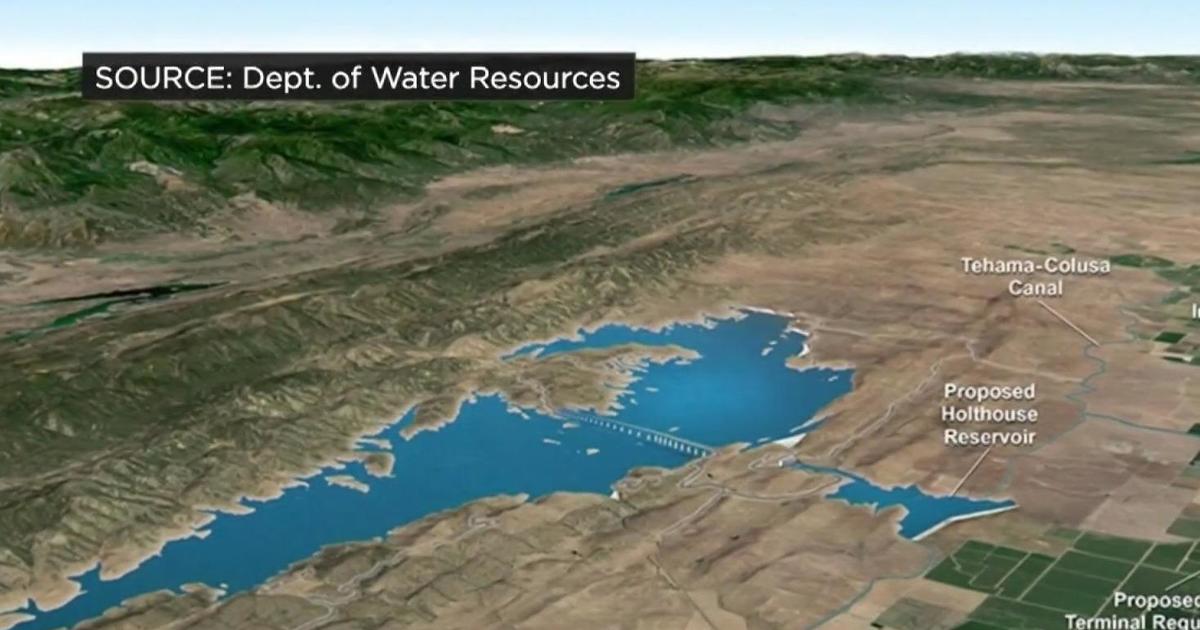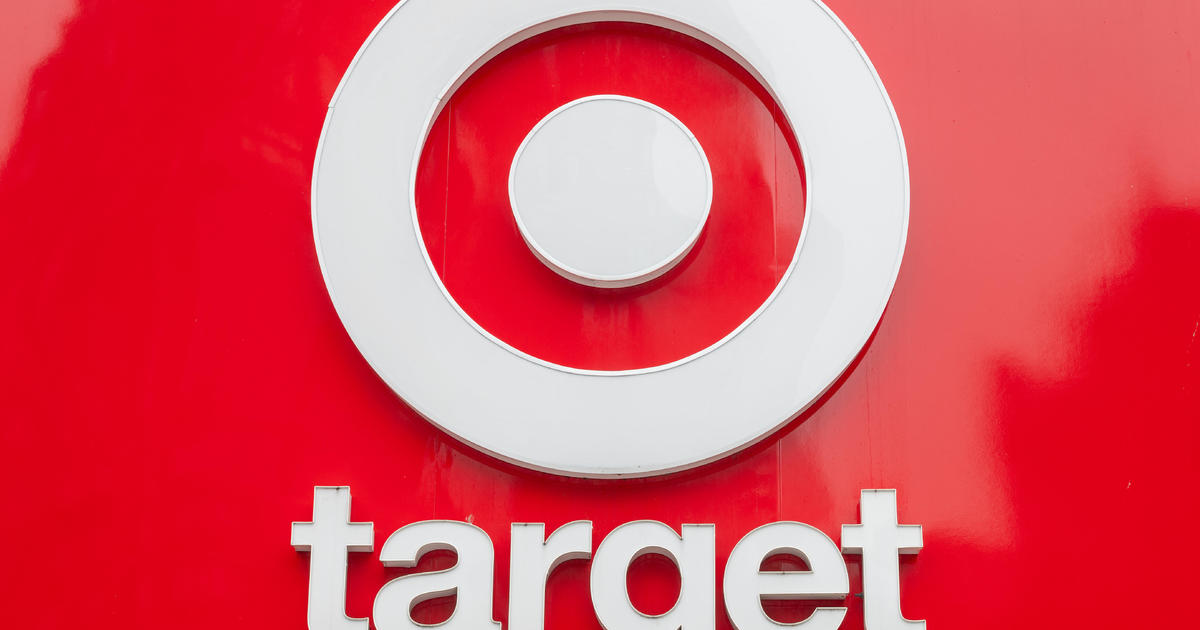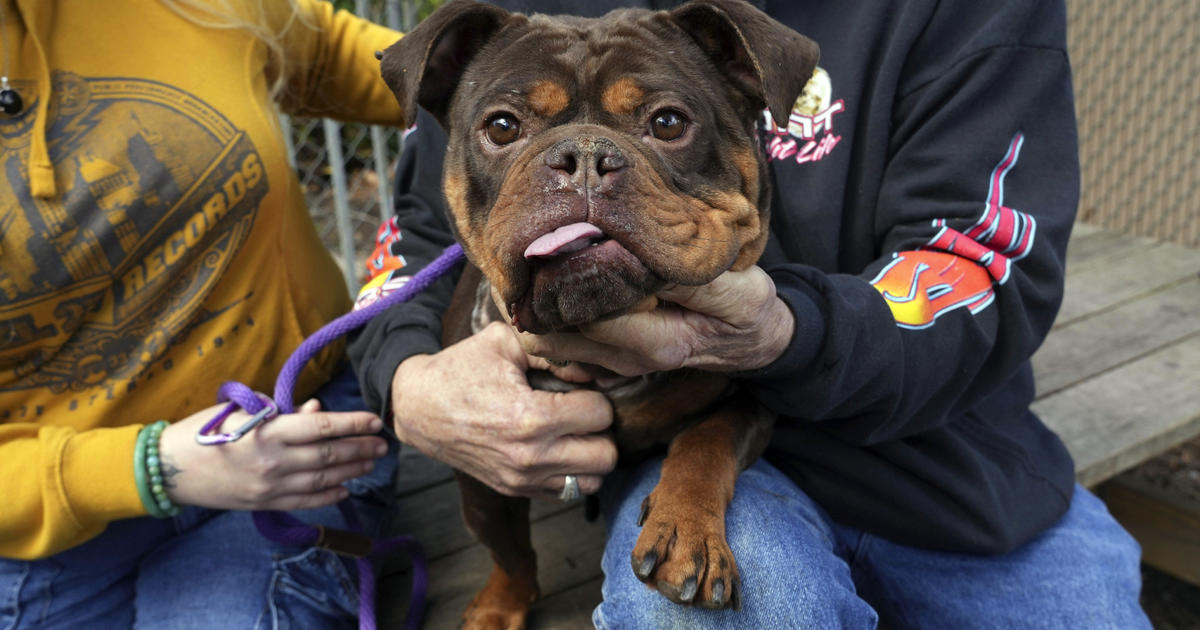Gov. Newsom's First Budget A Balancing Act For Competing Promises
SACRAMENTO, Calif. (AP) - Gov. Gavin Newsom has made two big promises that are seemingly at odds: Advancing bold and expensive new initiatives while maintaining the robust savings that California will desperately need in the next recession.
When he releases his first comprehensive budget proposal, which is due by Thursday under state law, he gets his chance to show how he'll resolve that tension. He's already previewed more than $2.5 billion in new spending proposals.
His initial emphasis has been on early childhood education and health care. Taking a page from former Gov. Jerry Brown's budget playbook, which targets as much new spending as possible on one-time expenditures that don't carry a long-term cost, Newsom has focused much of his new early childhood spending on construction projects to build new facilities and improve existing ones. That will limit the long-term cost of his initiative and help Newsom maintain his pledge to preserve rainy day savings.
Newsom used his inaugural address Monday to praise Brown for building a "foundation of rock" for California and promised to continue growing reserves.
"We will prepare for uncertain times ahead. We will be prudent stewards of taxpayer dollars, pay down debt, and meet our future obligations," he said. "And we will build and safeguard the largest fiscal reserve of any state in American history."
He followed by signaling a new direction.
"But let me be clear," he said. "We will be bold. We will aim high and we will work like hell to get there."
For the budget year that begins July 1, California's nonpartisan legislative analyst, Mac Taylor, projected in November that lawmakers would have $15 billion to divvy up between new spending initiatives, extra debt payments or savings account deposits. That's based on the cost of continuing existing services and Taylor's estimates for state revenue.
Newsom will release his own revenue estimates along with his budget. If he assumes an even rosier economy than Taylor, the surplus could be even higher.
Newsom cryptically told reporters Tuesday he'd be announcing "an interesting surplus, one that's a little different than the one you've been writing about."
The new governor may be able to balance his twin promises of spending growth and robust savings if he keeps new spending under the budget's long-term growth, said Mike Genest, who was finance chief for Republican Gov. Arnold Schwarzenegger during the Great Recession, when revenue plummeted.
But the budget already has fast-growing costs in the coming years, including pensions and health care, he said.
"I'm not convinced," Genest said.
With a focus on initiatives to help young children, Newsom's early proposals signal a shift from the path preferred by Brown.
"I think it's fair to say, Gov. Brown, this was not his priority," Ted Lempert, president of the advocacy group Children Now, said of Newsom's early childhood proposals, which he said are far more comprehensive than most states have tackled.
Newsom and his aides have said his budget will seek to lower health care costs, expand paid leave for new parents and vastly expand the programs for children in the crucial early years of development. He's framed his budget as a "California for All" agenda that looks to close the gaps between rich and poor.
Hours after taking the oath of office, Newsom proposed expanding state-funded health care to low-income people living in the country illegally until their 26th birthday, up from a current cutoff at age 19. He also asked to boost subsidies for people who buy their own insurance, rather than getting it from an employer or government program. His health proposals would cost $760 million a year.
He proposed an additional $105 million in spending to prevent wildfires on top of $200 million that lawmakers have already approved. And he said he plans to push for a fee on customers to turn the state's 911 infrastructure system digital in coming years.
After a campaign in which he focused his message on helping children living in poverty, Newsom proposed nearly $2 billion in new initiatives for children up to age 5. He'd provide a significant boost for an existing home-visit program that supports new mothers and expand trauma screening for youngsters to identify and help children who've grown up around violence, extreme poverty or other factors that can be harmful to their development.
His early childhood plans also include a big boost in funding to provide full-day preschool and kindergarten to all children, which Newsom says would ensure that low-income children don't fall behind their wealthier classmates.
Newsom's advisers say half-day kindergarten poses a child-care challenge to many low-income families, and more than 1,600 schools don't offer the full-day program.
Newsom has also proposed a $40 million boost in community college funding that he says could be used to give students a second free year of tuition. The state already offers the first year free for first-time community college students.
He also plans to propose a significant expansion of California's paid leave program, which allows new parents to receive a portion of their paycheck while away from work following the birth or adoption of a child. Newsom wants to eventually offer six months of leave to be split between the parents, though his initial budget will include a smaller step in that direction.
On Wednesday, he created a task force to "modernize" the state's embattled Department of Motor Vehicles but did not offer a price tag on what reforms might cost.
Copyright 2019 The Associated Press.



